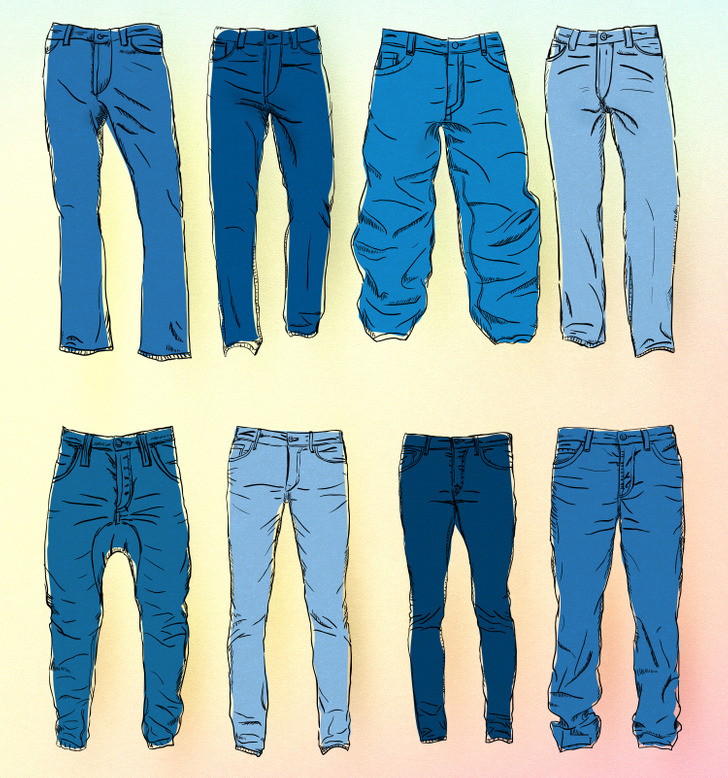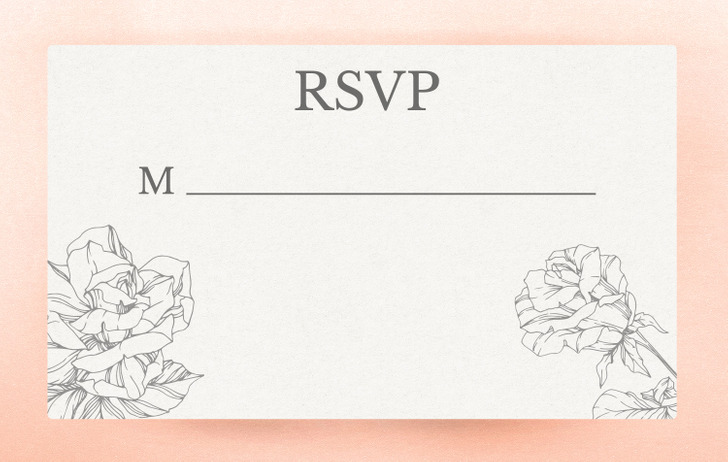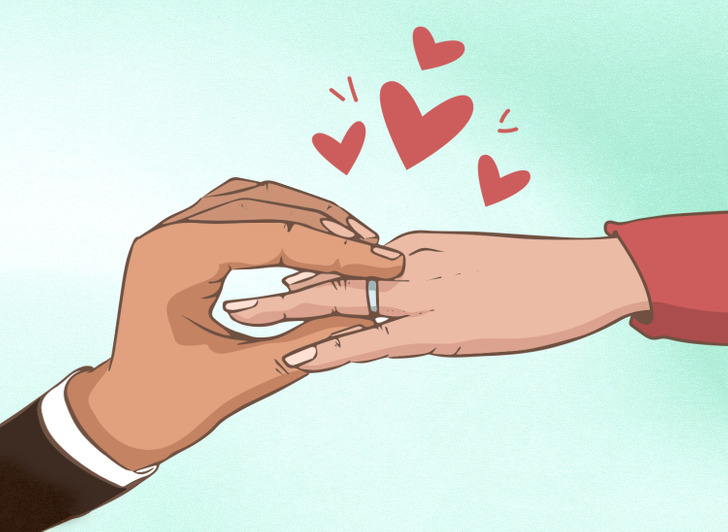What Do French Words We Use Everyday Actually Mean
When there is cultural contact between languages, borrowing words, also known as loanwords, may occur. The French language influenced English significantly over the years. There are many English words in art, cuisine, science, and more that look or sound just like French.
5-Minute Crafts rounded up some French words you may use in your everyday English, whether you are aware of it or not.
1. À la carte
“À la carte” means ’’from the menu; picking separate or individual dishes or foods from a menu in a restaurant instead of having a complete meal.’’
🔸In a sentence, you can use it as: ’’I’d like to order à la carte.’’
2. Dandelion
3. Denim
4. Au pair
5. Entrepreneur
“Entrepreneur” means ’’an individual who creates and/or invests in one or more businesses and undertakes the risk in one or multiple businesses." It was derived from the French word, “entreprendre,” which means “to undertake.”
🔸In a sentence, you can use it as: ’’An entrepreneur is more than just a risk-taker. He is a visionary.’’
6. Concierge
“Concierge” means ’’count of candles," which is derived from the Comte des Cierges, referring to the candle holders. Today, concierge means "an employee or a caretaker, doorkeeper of a hotel, apartment, house, etc.’’
🔸In a sentence, you can use it as: ’’The concierge was in charge of helping hotel guests.’’
7. Cul-de-sac

“Cul-de-sac” means ’’a road or a street that is closed off at one end; it’s a dead end." It was derived from “cul” (bottom), “de” (of a), and “sac” (bag). In French, however, dead-end means "impasse.’’
🔸In a sentence, you can use it as: ’’The vehicle was placed right at the end of a cul-de-sac.’’
8. Déjà vu
“Déjà vu” means ’’already seen, having re-seen, or experienced before; an instance that may have never actually happened.’’
🔸In a sentence, you can use it as: ’’I entered the room and immediately felt a sense of déjà vu.’’
9. Façade
Façade means ’’the front of a building (frontage) or the superficial appearance; it can also be written as the facade.’’
🔸In a sentence, you can use it as: ’’The facade of the building was a little weathered.’’
10. Hors d’oeuvre
“Hors d’oeuvre” means ’’a dish served before a meal to support the main course, or the various savory foods served as appetizers.’’
🔸In a sentence, you can use it as: ’’Soft drinks and hors d’oeuvres will be served during the reception.’’
11. En route
12. Faux pas
13. R.S.V.P.
14. Souvenir
15. Avant-garde
“Avant-garde” means ’’original or modern ideas, styles, or methods that develop experimental or new concepts." “Avant” translates to “before,” “guard” (garder) translates to "keep or save.’’
🔸In a sentence, you can use it as: ’’He had no time for high avant-garde art.’’
16. Fiancé
17. Trespass
“Trespass” means ’’to go into a place without permission, or illegally which is against the moral law." A trespasser is a person who does trespassing.
🔸In a sentence, you can use it as: ’’I didn’t realize I was trespassing on their land.’’















